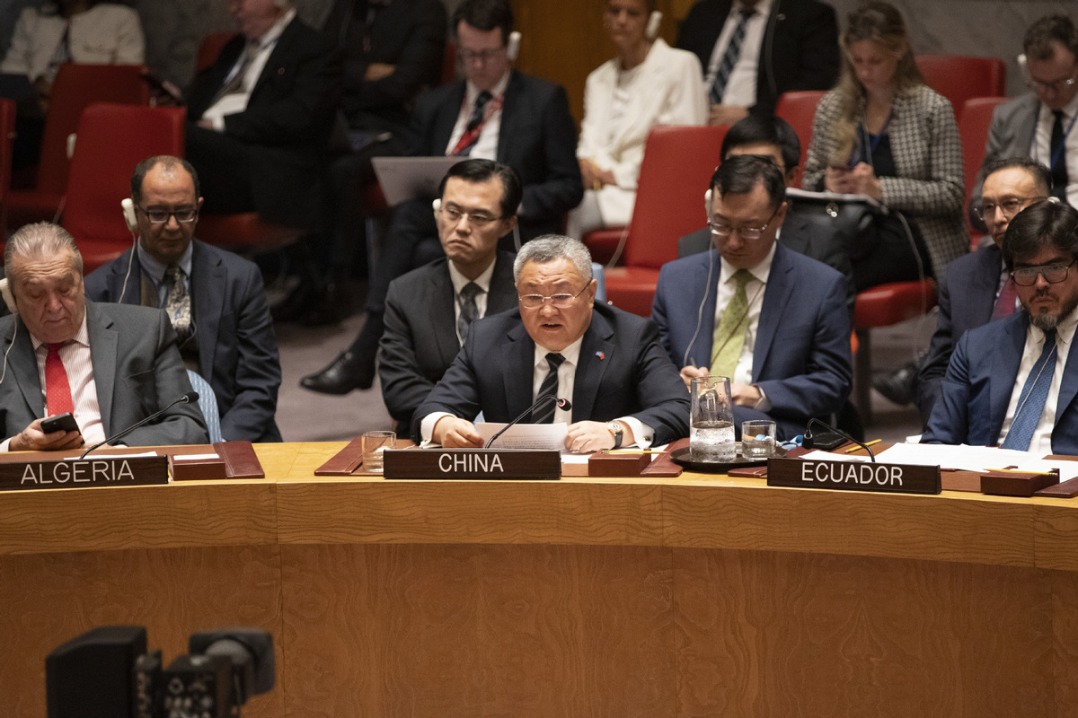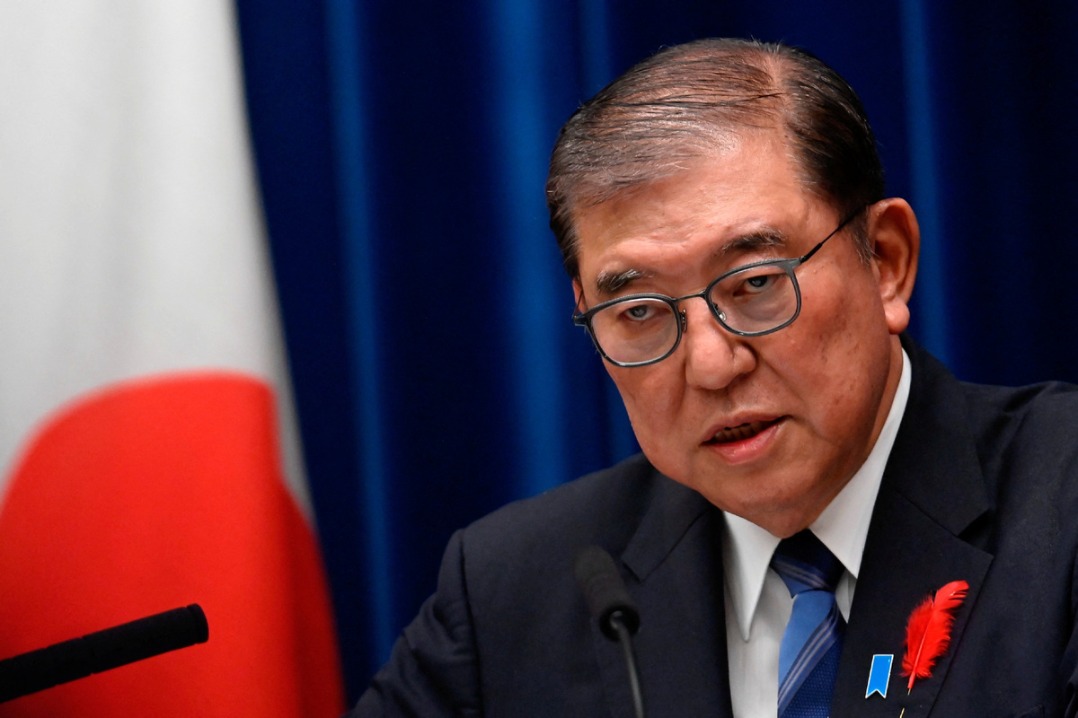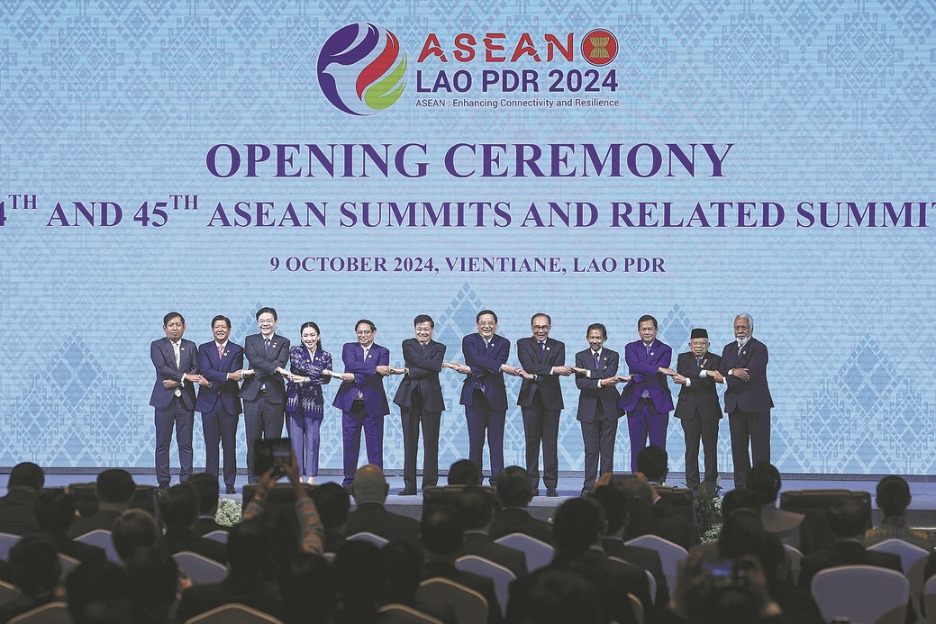Belt and Road Initiative brings prosperity to Africa


African countries and other developing countries should continue being proactive in seizing the unfolding opportunities, offered by China's cooperation platforms and institutional frameworks, to accelerate the process of attaining higher levels of prosperity.
On Sept 7, 2013, President Xi Jinping announced that China and Central Asian countries would build a Silk Road Economic Belt to promote connectivity and strengthen people-to-people exchanges, when he delivered a speech at Nazarbayev University in Kazakhstan. One month later, while addressing the Indonesian parliament, Xi made a further proposal that China is ready to work with ASEAN countries in building the 21st Century Maritime Silk Road to promote cooperation.
The Silk Road Economic Belt and the 21st Century Maritime Silk Road later came to be known as the Belt and Road Initiative. This year marks the 10th anniversary of the initiative.
The initiative is a framework not only for consolidating and complementing existing China-Africa relations but also for addressing Africa's socio-economic challenges more comprehensively, given its rich menu of objectives ranging from connectivity promotion, industrialization, development of agriculture and financing to enhancing inter- and intra-trade.
Taking into consideration the challenges emerging during Africa's development and the urgent need to address them, the initiative is indeed a timely wake-up call for Africa to grasp the unfolding, rare, and unprecedented opportunity in the socio-economic development process.
What characteristics distinguish the BRI from previous initiatives?
Compactness and wide synergic effects. In other words, it is holistic and each of its objectives contributes to the attainment of two or more of the others.
For example, promoting connectivity by the provision of the requisite infrastructure will not only enhance and upgrade regional and global trade but also improve the investment climate within the partner countries. Subsequently, the improved investment climate would in turn lure foreign direct investment (FDI) back, which is critical for industrialization.
Ultimately, it leads to sustainable transformation in terms of poverty reduction, environmental sustainability, and inclusive social development. This virtuous cycle of achievements of the BRI unmistakably highlights the initiative's exceptional nature.
Under such circumstances, the initiative is believed highly compatible with Africa's socio-economic aspirations as stipulated in continental, regional, and individual countries' blueprints.
Experience within Africa and beyond has demonstrated that those who have already embraced the initiative have reaped substantial benefits.
Since joining the Belt and Road cooperation in 2018, Tanzania has maintained steady economic growth with Chinese investments playing an important role. The level of industrialization has risen accordingly as 60 percent of Chinese investments are in the manufacturing sector.
More jobs have been created, which has improved employment greatly, and the poverty rate has been declining year by year. Human development capacity has been enhanced through the provision of health services, education facilities, and scholarships.
Meanwhile, the BRI creates adequate space for the voice of the cooperating partners to be heard.
African countries and other developing countries should continue being proactive in seizing the unfolding opportunities, offered by China's cooperation platforms and institutional frameworks, to accelerate the process of attaining higher levels of prosperity.
Editor's note: Humphrey P. B. Moshi is a professor of economics and director of the Center for Chinese Studies at the University of Dar es Salaam of Tanzania.
The views expressed in this article are those of the author and do not necessarily reflect the positions of Xinhua News Agency.

































